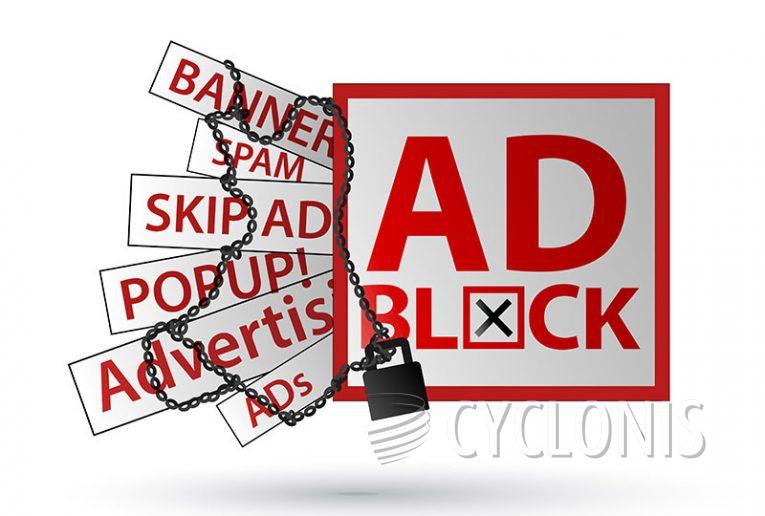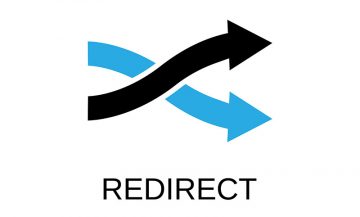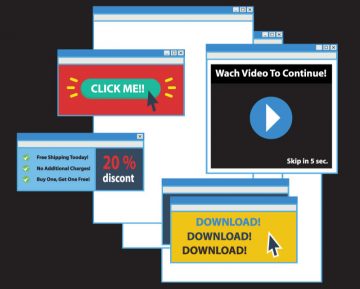Redirect Check Adware

Promoted as a tool designed to validate redirects and check link syntax on selected web pages, Redirect Check has been scrutinized and revealed to display advertisements, leading to its classification as adware. Users often unintentionally install or add such software, emphasizing the potential for deceptive practices associated with these applications.
Despite its stated purpose of validating redirects and link syntax, Redirect Check exhibits concerning behavior by showcasing various advertisements, including pop-ups, banners, and sponsored content. Adware, in general, has a tendency to present intrusive, deceptive, or potentially harmful ads.
Users are advised to approach these advertisements with caution and skepticism, as they may result in unwanted consequences such as exposure to scams, phishing attempts, or the installation of unwanted or malicious software.
The displayed ads by Redirect Check may employ deceptive tactics to attract clicks, leading users to potentially unsafe websites engaged in fraudulent activities or attempting to extract sensitive information. Additionally, the ads may encourage users to download or install software that poses security risks to their systems.
Furthermore, Redirect Check possesses the capability to read and modify all data on every website visited by users. This broad access raises significant privacy and security concerns. The ability to read data implies potential collection of sensitive information entered by users on various websites, including login credentials, personal details, or any other data submitted through forms.
Moreover, the ability to modify data on websites raises alarming possibilities, indicating that Redirect Check can manipulate the content of websites users interact with. Such actions may involve injecting additional advertisements, altering text or images, or making other modifications to the website's appearance and functionality.
How Are Rogue Browser Extensions Usually Distributed?
Rogue browser extensions are typically distributed through various deceptive methods, and cybercriminals often use tactics to trick users into installing these malicious extensions. Here are common ways rogue browser extensions are distributed:
Bundled with Freeware or Shareware:
One common method is bundling rogue browser extensions with free software or shareware. Users who download and install free applications may unknowingly also install bundled extensions.
Deceptive Websites:
Cybercriminals create deceptive websites that claim to offer useful browser extensions. Users may be lured into downloading and installing the rogue extensions from these misleading sites.
Fake Software Updates:
Scammers may present fake pop-up alerts or notifications claiming that the user needs to update their browser or a specific plugin. Clicking on these prompts can lead to the installation of rogue browser extensions.
Malicious Ads:
Malicious advertisements, often displayed on compromised or untrustworthy websites, may prompt users to click on them. These ads can lead to the automatic download and installation of rogue extensions.
Phishing Emails:
Emails with deceptive content may encourage users to click on links or download attachments that contain rogue browser extensions. These emails may mimic legitimate communication from known sources.
Social Engineering Tactics:
Cybercriminals may use social engineering tactics, such as fake surveys, contests, or quizzes, to lure users into downloading and installing rogue extensions.








